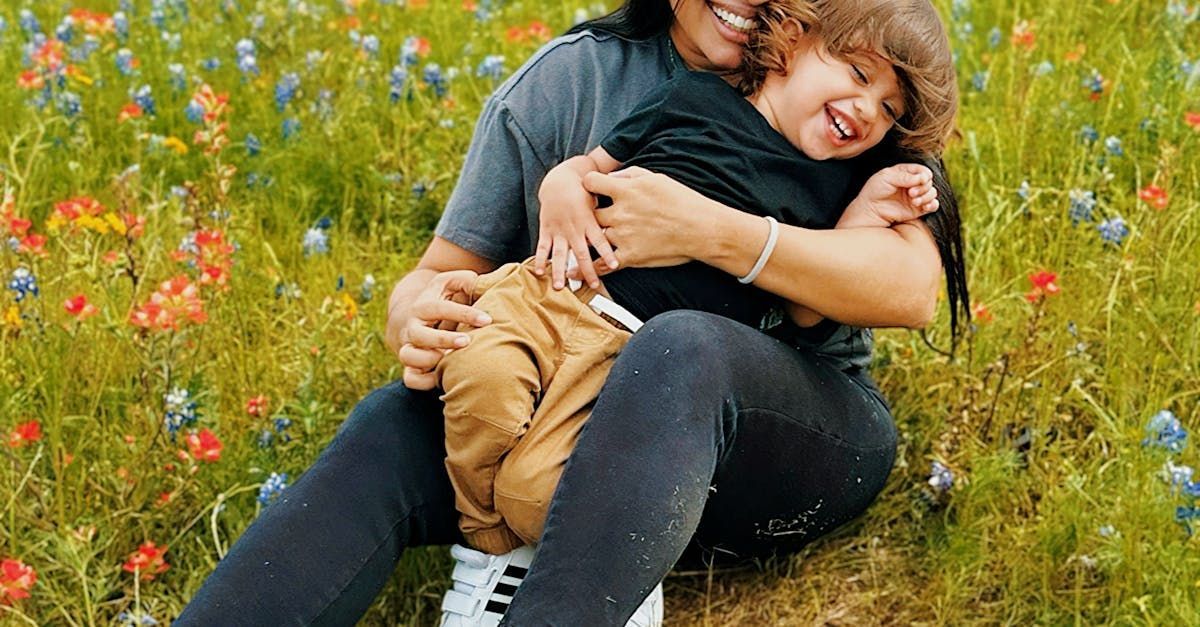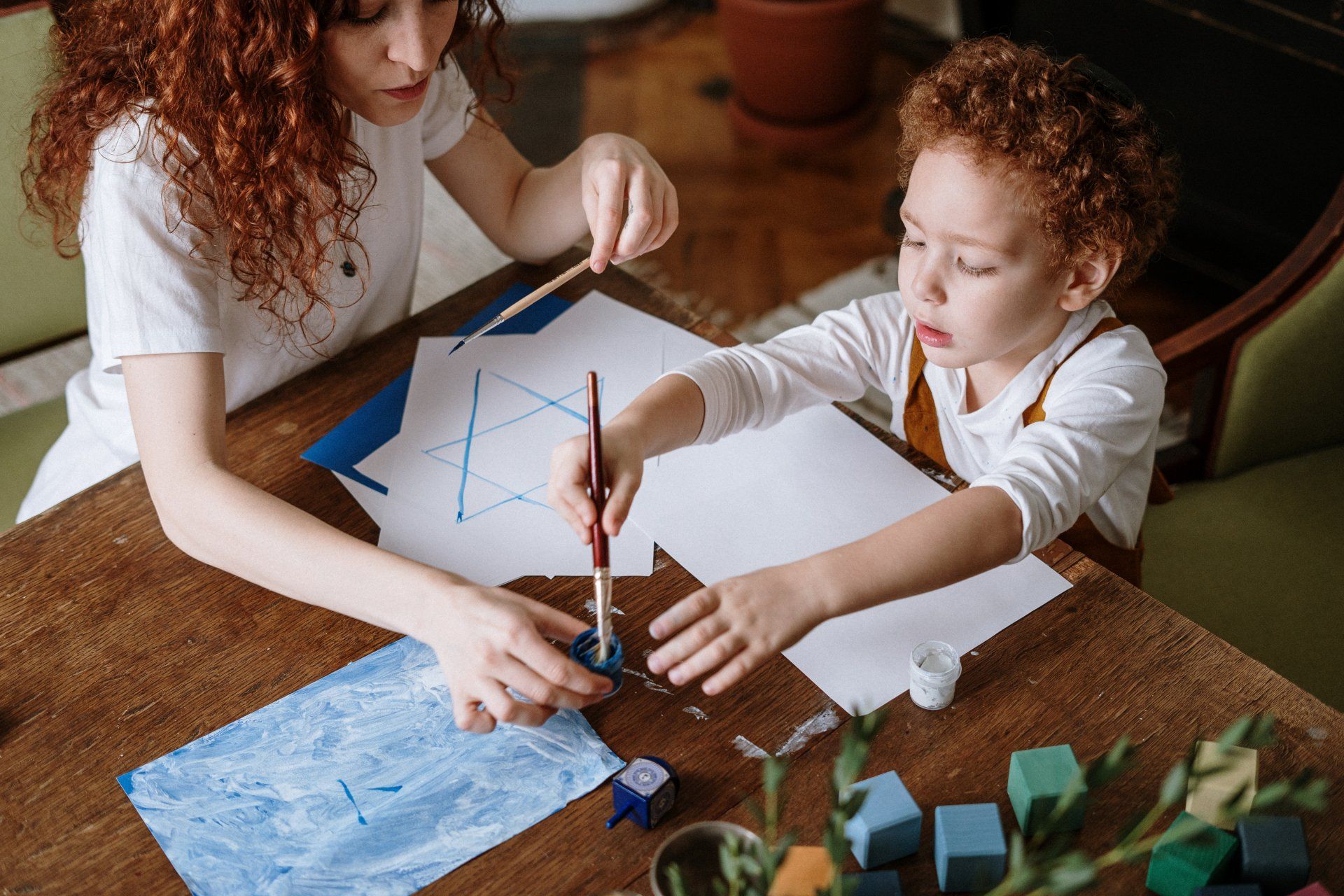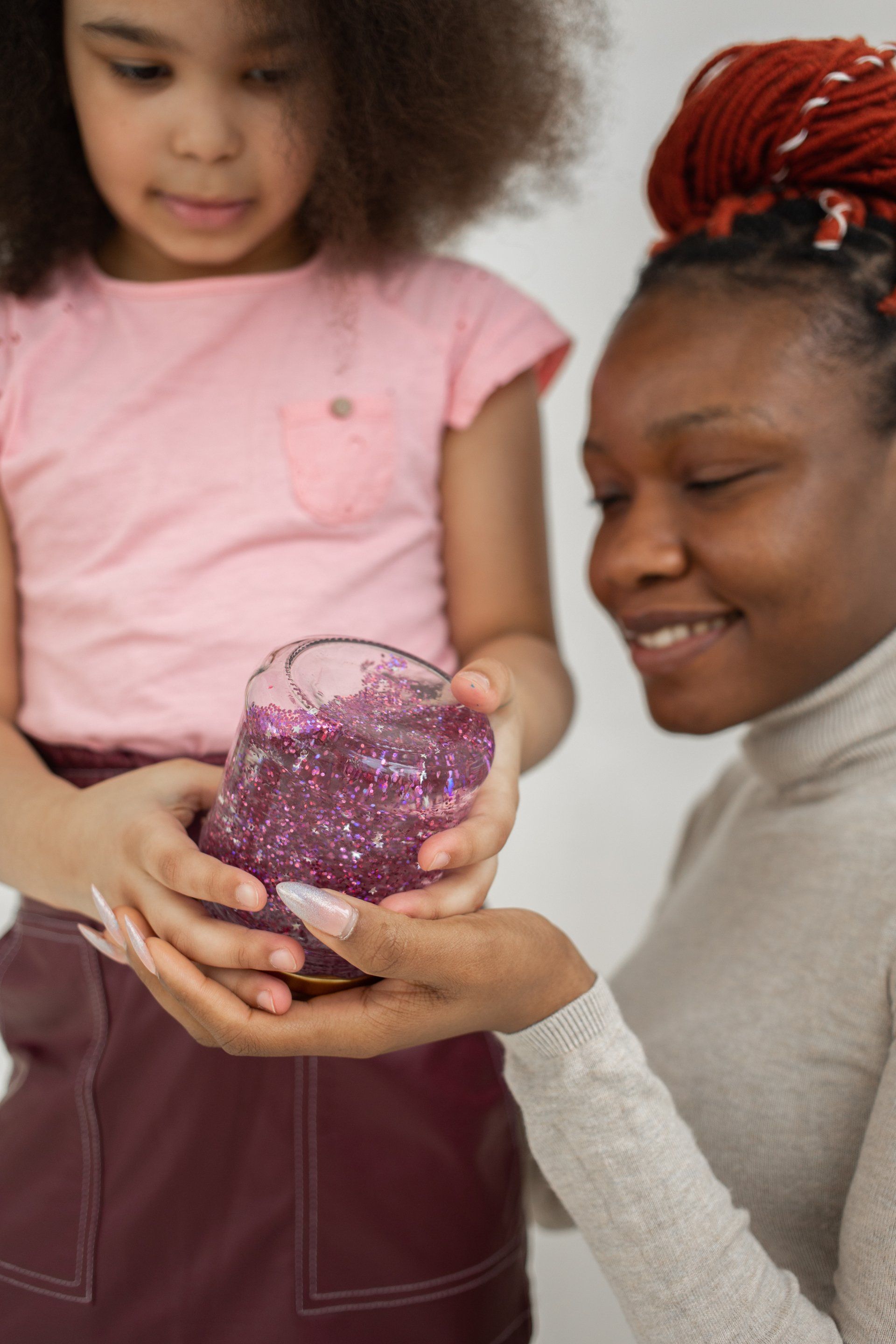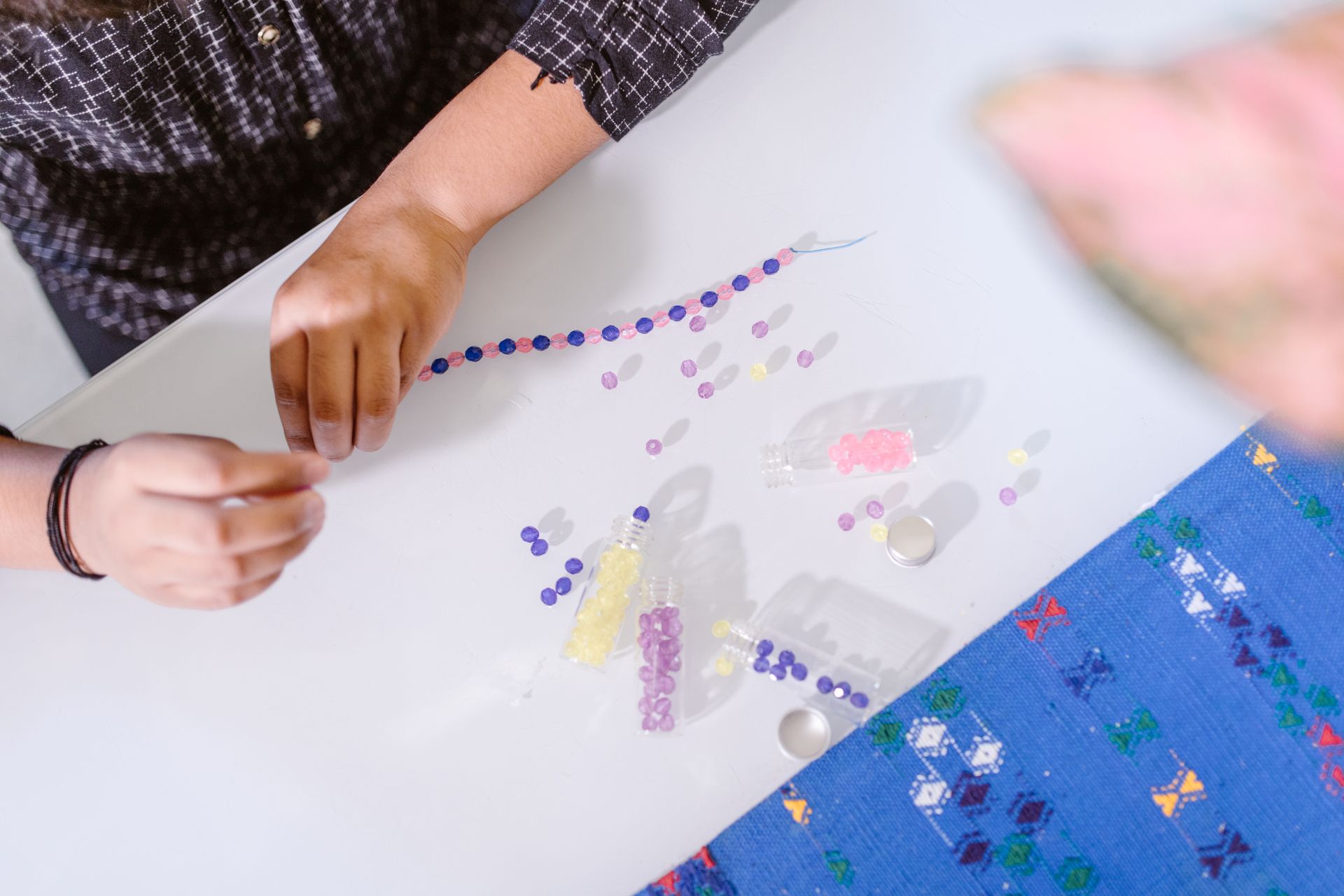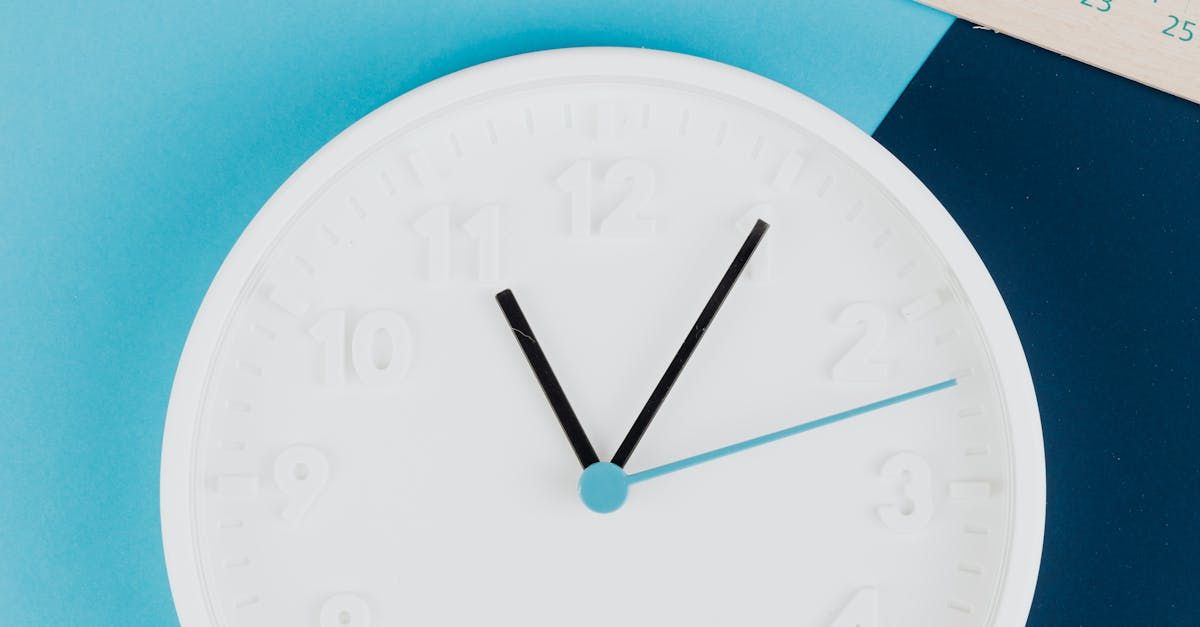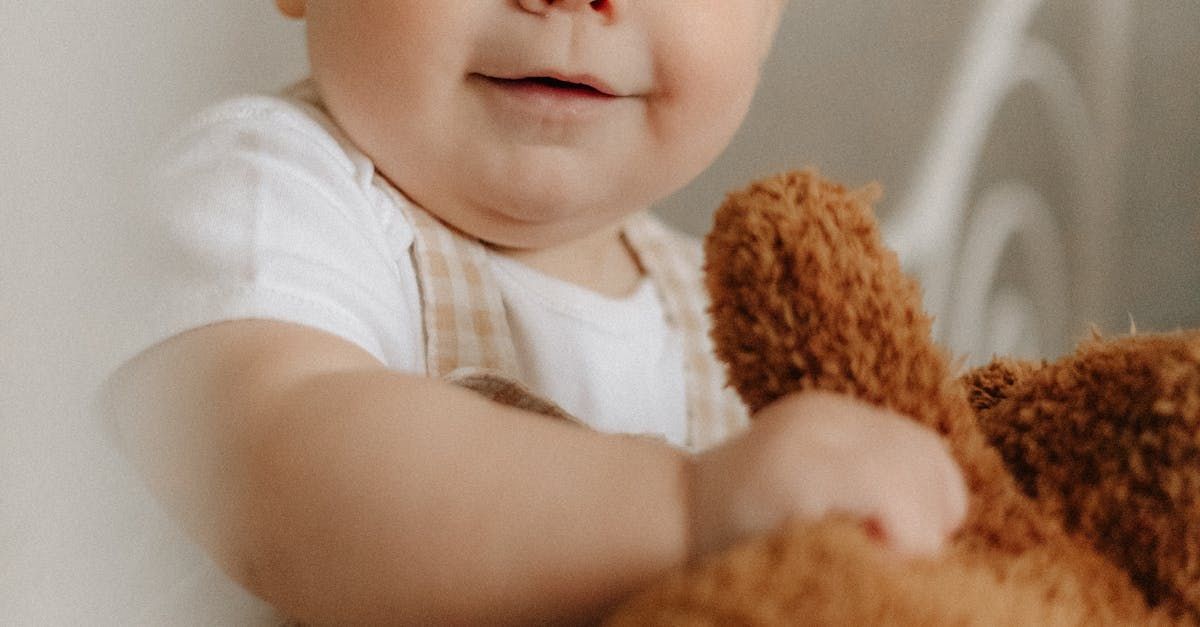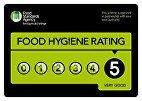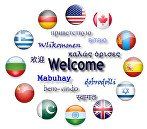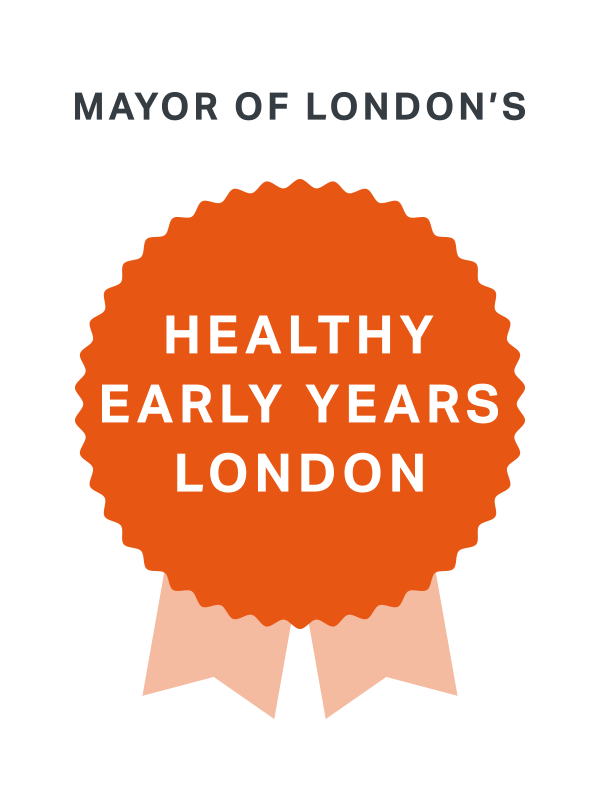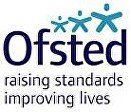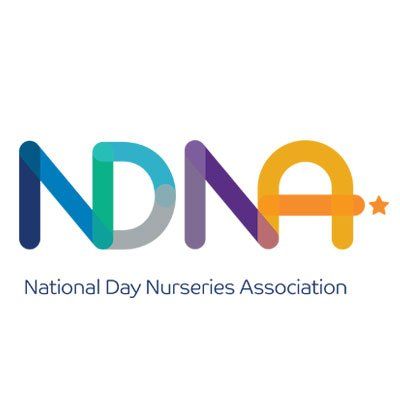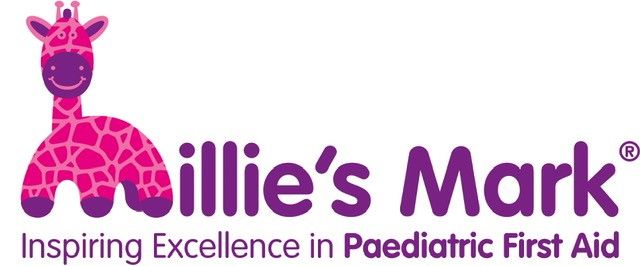Celebrating Milestones in Early Childhood: A Guide for Parents and Educators
Celebrating Milestones in Early Childhood:
A Guide for Parents and Carers

Celebrating milestones in early childhood is an essential practice for both parents and educators. Recognising these significant achievements not only boosts a child's self-esteem but also reinforces positive behaviours and encourages continued growth. From the first steps to the first words, each milestone is a testament to a child's development and deserves to be celebrated. This guide will explore various ways to acknowledge and celebrate these milestones, creating a supportive environment that nurtures a child's growth.
Understanding Early Childhood Milestones
Early childhood milestones are key developmental achievements that typically occur as children grow from birth to five years old. These milestones can be categorised into four main areas: physical, cognitive, social, and emotional. Recognising these milestones is crucial as they provide insights into a child's development and help identify any areas where additional support might be needed.
**Physical Milestones:** These include gross motor skills like sitting up, crawling, and walking, as well as fine motor skills like grasping objects and drawing. Celebrating these milestones helps children develop physical confidence and coordination.
**Cognitive Milestones:** These involve mental skills such as problem-solving, memory, and understanding cause and effect. Recognising cognitive achievements fosters a love for learning and intellectual curiosity.
**Social Milestones:** These milestones are related to a child's ability to interact with others, make friends, and play cooperatively. Celebrating social milestones can enhance a child's social skills and emotional intelligence.
**Emotional Milestones:** These include recognising and managing emotions, developing empathy, and expressing feelings appropriately. Celebrating emotional milestones can help children build strong emotional foundations and resilience.
It's important to remember that each child develops at their own pace, and milestones can vary significantly. Providing support and encouragement at each stage is key to healthy development.
The Role of Parents in Celebrating Milestones
Parents play a pivotal role in identifying and celebrating their child's milestones. Tracking these achievements can be done through various methods, such as keeping a milestone journal, using milestone tracking apps, or simply noting significant achievements on a calendar. Celebrating at home can be simple yet meaningful. For instance, creating a milestone scrapbook with photos and notes, hosting a small family gathering, or having a special family outing to mark the occasion can make the celebration memorable. These celebrations not only make the child feel special but also create lasting family memories.
**Creating a Milestone Scrapbook:** This can be a fun and creative way to document and celebrate milestones. Parents can include photos, drawings, and notes about each achievement, creating a keepsake that the child can cherish for years to come.
**Family Gatherings:** Hosting a small family celebration to mark significant milestones can make the child feel loved and valued. It can be as simple as a special dinner or a small party with close family members.
**Special Outings:** Planning a special outing to celebrate a milestone can create memorable experiences. This could be a trip to the zoo, a picnic in the park, or a visit to a favourite playground.
The Role of Educators in Celebrating Milestones
Educators also play a crucial role in recognising and celebrating milestones within the classroom setting. Strategies for educators include using milestone charts to visually track achievements, organising award ceremonies, and incorporating milestone celebrations into daily activities. Collaborative efforts between parents and educators can reinforce these celebrations, ensuring that milestones are recognised both at home and in school. Sharing observations and progress with parents can also help create a cohesive support system for the child's development.
**Milestone Charts:** Using charts to track and display milestones can provide visual motivation for children. These charts can be placed in the classroom and updated regularly to show progress.
**Award Ceremonies:** Organising small award ceremonies to celebrate milestones can make children feel proud of their achievements. Certificates, medals, or simple awards can be given out to recognise their hard work.
**Collaborative Celebrations:** Working with parents to celebrate milestones can create a unified support system. Educators can share milestone updates with parents and involve them in classroom celebrations.
Celebrating Social and Emotional Milestones
Social and emotional development is a critical aspect of early childhood. Celebrating social milestones, such as making friends or learning to share, can be done through positive reinforcement and recognition. Educators and parents can organise playdates or group activities that highlight these social achievements. Emotional milestones, such as expressing feelings or developing empathy, can be celebrated through storytelling, role-playing, and creating a safe space for children to express themselves. These activities help children understand and manage their emotions, fostering emotional intelligence.
**Playdates and Group Activities:** Organising playdates or group activities can help children practice social skills in a fun and supportive environment. These activities can be used to celebrate milestones such as making friends or playing cooperatively.
**Storytelling and Role-Playing:** Using stories and role-playing to celebrate emotional milestones can help children understand and express their feelings. Parents and educators can create scenarios that encourage empathy and emotional expression.
**Safe Spaces:** Creating a safe and supportive environment where children feel comfortable expressing their emotions is crucial. Celebrating emotional milestones in such spaces can help children develop strong emotional foundations.
Celebrating Cognitive and Physical Milestones
Cognitive milestones, such as problem-solving skills and language development, are fundamental to a child's learning journey. Celebrating these milestones can involve engaging in educational activities, such as reading books together, playing educational games, and encouraging curiosity through exploration and discovery. Physical milestones, such as the first steps or mastering fine motor skills, can be celebrated with activities that promote physical development, like obstacle courses, dance parties, or sports events. These celebrations not only mark achievements but also motivate children to continue their developmental journey.
**Educational Activities:** Engaging children in educational activities that celebrate cognitive milestones can make learning fun and rewarding. Reading books, playing educational games, and encouraging exploration can foster a love for learning.
**Physical Activities:** Celebrating physical milestones through activities that promote physical development can help children build confidence and coordination. Obstacle courses, dance parties, and sports events can be fun ways to mark these achievements.
**Encouraging Curiosity:** Creating an environment that encourages curiosity and exploration can help children reach cognitive milestones. Parents and educators can provide opportunities for discovery and learning through play.
Creating a Supportive Environment for Milestone Celebrations
Creating an environment that supports milestone celebrations is crucial for a child's development. Parents and educators can work together to build a positive and inclusive atmosphere. Involving the community, such as organising local events or joining support groups, can provide additional support and resources. Encouraging a culture of celebration and recognition helps children feel valued and motivated. Ensuring that all children, regardless of their developmental pace, are celebrated is essential for fostering an inclusive environment.
**Community Involvement:** Involving the community in milestone celebrations can provide additional support and resources. Parents and educators can organise local events or join support groups to celebrate milestones together.
**Inclusive Atmosphere:** Creating an inclusive atmosphere where all children are celebrated, regardless of their developmental pace, is crucial. Ensuring that every child feels valued and recognised can foster a positive and supportive environment.
**Culture of Celebration:** Encouraging a culture of celebration and recognition can motivate children to reach new milestones. Celebrating achievements, big or small, can help children feel proud of their progress.
Conclusion
Celebrating milestones in early childhood is more than just recognising achievements; it is about fostering a child's self-esteem, motivation, and overall development. By actively celebrating milestones, parents and educators can create a supportive environment that encourages growth and development. The long-term benefits of these celebrations are immense, contributing to a child's emotional well-being and readiness for future challenges. Let us embrace and celebrate every step of a child's developmental journey.
FAQ
**Q: What are early childhood milestones?**
A: Early childhood milestones are key developmental achievements that typically occur from birth to five years old, including physical, cognitive, social, and emotional milestones.
**Q: How can parents celebrate milestones at home?**
A: Parents can celebrate milestones by creating milestone scrapbooks, hosting small family gatherings, or organising special family outings.
**Q: What role do educators play in celebrating milestones?**
A: Educators can use milestone charts, organise award ceremonies, and collaborate with parents to celebrate milestones both in the classroom and at home.
**Q: How can social and emotional milestones be celebrated?**
A: Social milestones can be celebrated through playdates and group activities, while emotional milestones can be recognised through storytelling, role-playing, and creating a safe space for emotional expression.
**Q: What activities can help celebrate cognitive and physical milestones?**
A: Cognitive milestones can be celebrated with educational activities like reading and games, while physical milestones can be marked with activities like obstacle courses and sports events.
**Q: How can a supportive environment for milestone celebrations be created?**
A: A supportive environment can be created by involving the community, organising local events, joining support groups, and ensuring an inclusive atmosphere where all children are celebrated.

